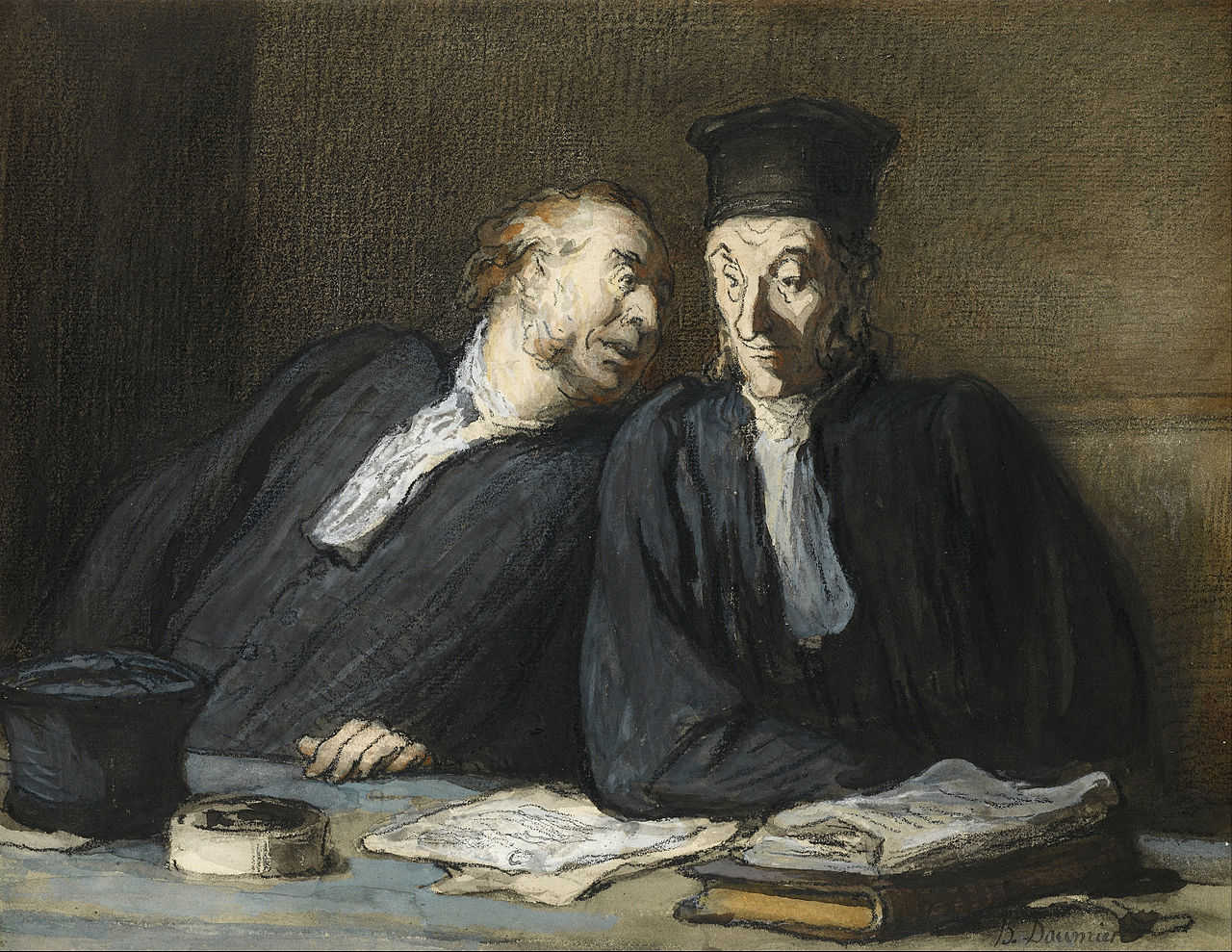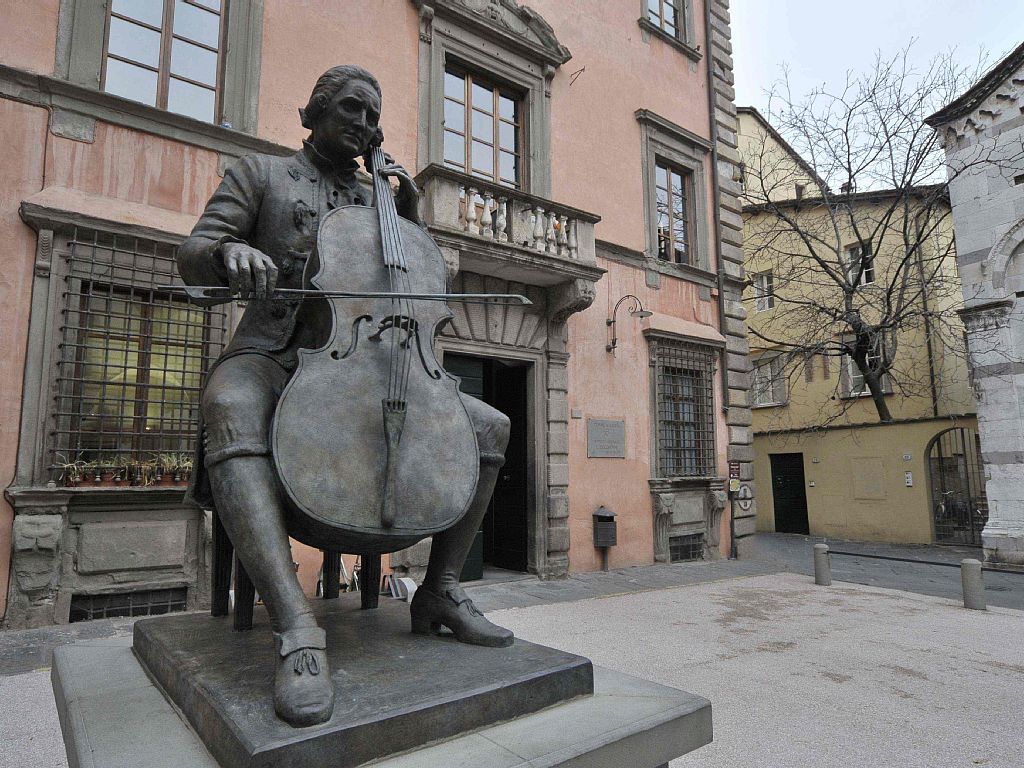
“A lawyer must first get on, then get honor, then get honest.” — Anonymous, quoted in The Book of Insults and Irreverent Quotations

“A lawyer must first get on, then get honor, then get honest.” — Anonymous, quoted in The Book of Insults and Irreverent Quotations
Near the village of Katashina in Japan’s Gunma Prefecture, workers have cut 2,559 grooves into a 175-meter stretch of roadway so that motorists hear the tune “Memories of Summer”:
Japan has now built 30 such “melody roads,” and they’re proliferating. The Singing Road in Anyang, South Korea, plays “Mary Had a Little Lamb”:
And the Civic Musical Road in Lancaster, California, plays the William Tell Overture:
A commenter on the last video wrote, “If you drive it in reverse it says Paul is dead.”
Early American radio producers discovered that they could create a convincing crowd sound by having a group of actors repeat the word walla over and over. This technique is still sometimes used in film and TV productions — besides walla, actors sometimes mutter “peas and carrots,” “watermelon cantaloupe,” “natter natter,” or “grommish grommish.” In Europe the word rhubarb is often used.
British comedian Eric Sykes’ 1980 television special Rhubarb Rhubarb plays with this idea by removing all other dialogue: Sykes relies almost entirely on sight gags, and the scant spoken dialogue consists of people saying the word rhubarb. The 1980 program was a remake of Sykes’ 1969 film Rhubarb, which presses this conceit even further: Everyone says “rhubarb,” all the characters are named Rhubarb, car license plates read RHU BAR B, and a baby speaks by holding up a sign that says RHUBARB. “A visual gag,” said Sykes, “is worth three pages of dialogue.”
Guido Nazzo, an Italian tenor of the 1930s, sang only once in New York and received but one review: ‘Guido Nazzo: nazzo guido.’
— Willard R. Espy, Another Almanac of Words at Play, 1981

The Hall of Justice, as it appears in DC Comics, was modeled on a train station.
The Super Friends television series, in which the fortress first appeared in 1973, was produced by Cincinnati’s Hanna-Barbera, and background supervisor Al Gmuer based it on Union Terminal, a local landmark.
(Thanks, Steven.)

In 2017 research scientist Janelle Shane tried to train a neural network to name kittens:
Jeckle
Elbent
Jenderina
Roober
Snorp
Snox Boops
Cylon
Sookabear
Jexley Pickle
Toby Booch
Snowpie
Big Wiggy Bool
Mr Whinkles
Licky Cat
Mr Bincheh
Maxy Fay
Mr Gruffles
Liony Oli
Lingo
Conkie
Lasley Goo
Marvish
Mag Jeggles
Corko
Maggin
Mcguntton
Mara Tatters
Mush Jam
Tilly-Mapper
Mr. Jubble
Mumcake
Muppin
Bonus: At one point she accidentally trained the network on a dataset of character names from Tolkien, George R.R. Martin, and other fantasy authors and got Jarlag, Mankith, Andend of Karlans, and Mr. Yetheract. See the full list.

The Guinness Book of Music Facts & Feats nominates Luigi Boccherini as “the most ingratiating composer”: In nearly 600 works comprising 1400 movements, the following directions appear:
“Also to be found are Armonico (‘harmoniously’), con innocenza (‘with innocence’), piacere (‘pleasingly’), and allegretto gentile (‘not too fast, lightly and cheerfully,’ ‘pleasingly,’ ‘elegantly,’ ‘gracefully’), together with hundreds of directions calling for very quiet playing (pp and pp sempre).”
For comparison, Appassionato (“passionately”) appears only 8 times, con brio (“with fire”) only 6 times, and con forza (“with force”) only once.

Higgledy-piggledy,
Benjamin Harrison
Twenty-third president
Was and, as such,
Served between Clevelands and,
Save for this trivial
Idiosyncrasy,
Didn’t do much.
— John Hollander

In 1905 Winchester Cathedral was in danger of collapsing as its eastern end sank into marshy ground. The surprising solution was to hire a diver, who worked underwater for five years to build a firmer foundation for the medieval structure. In this week’s episode of the Futility Closet podcast we’ll tell the story of William Walker and his curious contribution to saving a British landmark.
We’ll also contemplate a misplaced fire captain and puzzle over a shackled woman.

Now if mouse in the plural should be, and is, mice,
Then house in the plural, of course, should be hice,
And grouse should be grice and spouse should be spice
And by the same token should blouse become blice.
And consider the goose with its plural of geese;
Then a double caboose should be called a cabeese,
And noose should be neese and moose should be meese
And if mama’s papoose should be twins, it’s papeese.
Then if one thing is that, while some more is called those,
Then more than one hat, I assume, would be hose,
And gnat would be gnose and pat would be pose
And likewise the plural of rat would be rose.
— Author unknown